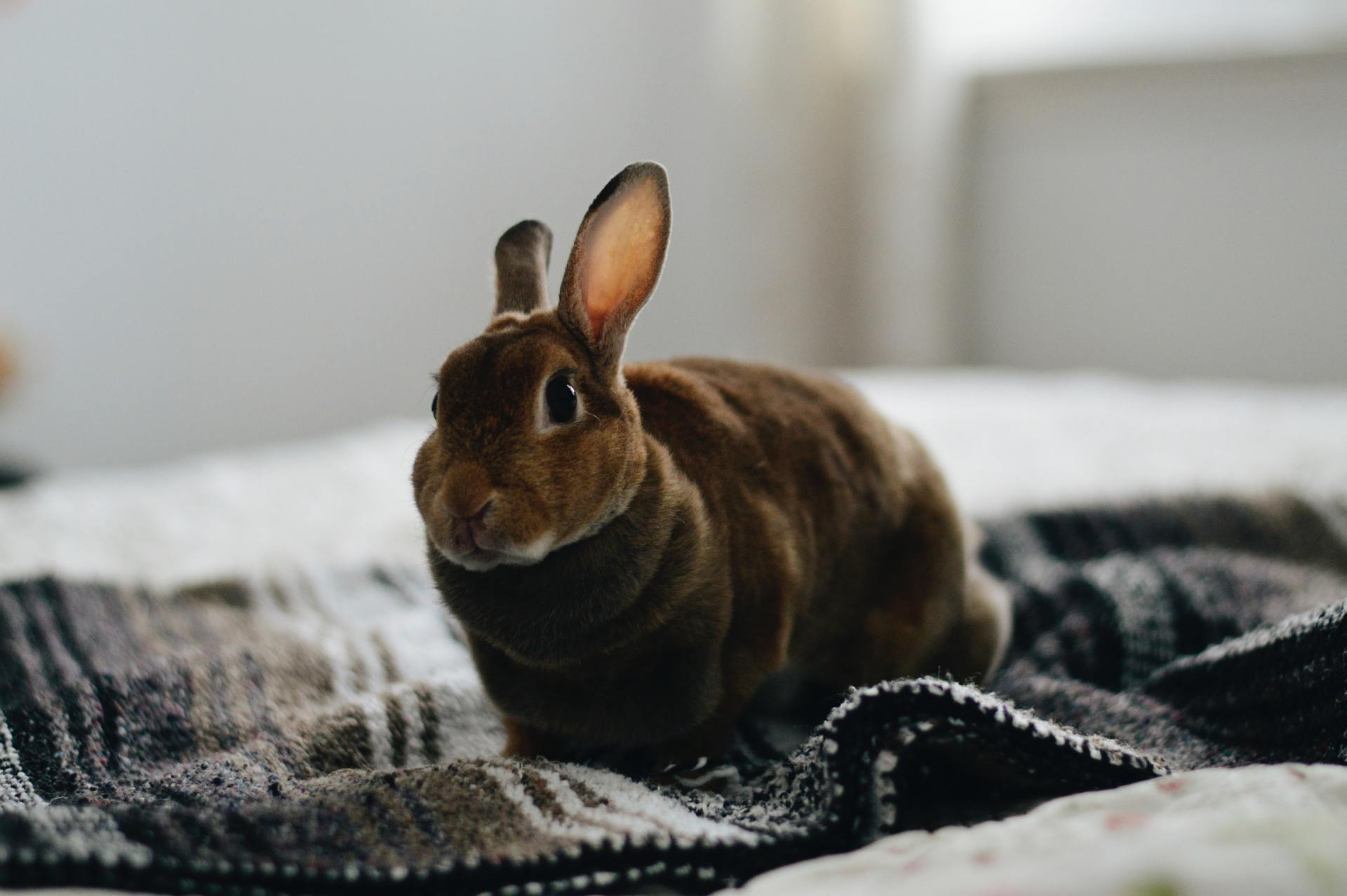Is your pet entering his golden age? Pets age like people… slowly for a while, then suddenly all at once. Fido and Fluffy will never stop being the cute, cuddly companions they always have, and they will always be puppies or kittens. However, their needs change over time. Once your pet reaches this senior stage, it becomes what some of us like to call super senior. A local vet offers some tips for taking care of your loyal companion in this article.
Dish
Older pets often have quite sensitive stomachs. They will have a harder time eating fatty foods and may also experience abdominal pain from changing their diet too quickly. Some dogs and cats will benefit from special supplements and/or foods. You may also need to reduce portions or switch brands to help prevent obesity. Ask your vet for recommendations.
Exercise
Just like humans, older pets tend to slow down with age. Fido may get tired after walking around the yard, while Fluffy may limp after a few mid-jumps. You don’t want your pet to become a couch potato: you just need to find the right balance. Ask your veterinarian for advice on this.
Grooming
Proper grooming will help your furry best friend. This will vary from animal to animal, but in general you will need to brush Fido and Fluffy regularly and bathe them as needed. Dogs may need more frequent nail trimming.
Incontinence
Loss of control is not uncommon in older animals. It is definitely something to contact your vet about! In some cases, it can be treated. For others, it could be a sign of a more serious problem. Mattress covers and urinary pads can help prevent damage. You may also need to clean your pet to avoid burns.
Sight / Hearing
Fido and Fluffy sometimes have vision and hearing problems. Pets can still live a full and happy life if they lose some sense of input. You may need to make some minor tweaks, such as enhancing pet protection. Ask your veterinarian for more information.
Love
Make the most of the precious time left to spend with your beloved pet. Take extra care of Fido and Fluffy and provide them with necessary amenities like soft beds, pet ramps and night lights. After years of love and loyalty, your four-legged friend deserves to feel safe and comfortable during this special time.
Our Advice on Caring For A Super Senior Pet in 2025
How do pets’ dietary needs change as they become super seniors?
As pets become super seniors, their dietary needs often shift towards foods that are easier to digest and lower in calories to prevent obesity, given their reduced activity levels. They may require higher-quality protein diets to maintain muscle mass without overburdening their kidneys. Additionally, increased fiber can help with gastrointestinal health, and supplements such as omega-3 fatty acids, glucosamine, and chondroitin may support joint health. It’s also common to adjust meal portions and introduce specialized senior pet food formulations to address these changing nutritional needs and manage age-related conditions.
What types of exercise are appropriate for older pets?
For older pets, appropriate exercises include gentle walks, short play sessions, and low-impact activities tailored to their physical capabilities and health status. Swimming can be an excellent dog option, providing a full-body workout with minimal joint stress. Simple indoor games that stimulate mental activity, such as hide-and-seek with treats or interactive toys, are also beneficial. It’s important to keep exercise sessions short and sweet, avoiding overexertion. Regular, moderate activity helps maintain muscle tone, joint flexibility, and overall well-being in senior pets. Always consult a veterinarian before starting a new exercise regimen.
What adjustments might be needed for pets experiencing loss of sight or hearing?
Adjustments for pets experiencing loss of sight or hearing include creating a safe, consistent environment to prevent accidents. Remove obstacles that can cause injury, use gates to block off dangerous areas like stairs, and maintain a regular layout of furniture and pet essentials. For hearing-impaired pets, use hand signals or visual cues for communication. Keep floors clear for those with vision loss, and use scents or textured mats to mark essential locations like food bowls and beds. Consistency and patience are crucial, as is using other senses to help guide and comfort your pet.
What are some signs that a pet has become a super senior?
Signs that a pet has become a super senior include noticeable decreases in activity levels, more pronounced stiffness or difficulty moving, especially after resting or in cold weather, increased need for sleep, weight changes (loss or gain), the appearance of gray hair around the muzzle and face, decreased vision and hearing, more frequent digestive upsets, and the development of age-related health issues such as arthritis or dental problems. Behavioral changes, such as increased vocalization or confusion, can indicate that a pet has entered the super senior stage of life.
What steps can be taken to prevent obesity in senior pets?
To prevent obesity in senior pets, implement a balanced diet tailored to their reduced energy needs, using specially formulated senior pet foods that are lower in calories but high in essential nutrients. Regular, gentle exercise tailored to the pet’s ability, such as short walks or light play, helps maintain a healthy weight and muscle tone. Monitor portion sizes and limit treats to avoid excessive calorie intake. Regular veterinary check-ups are essential to adjust diet and exercise plans and monitor the pet’s overall health and weight.
Do you have questions about your superiors? Contact us, your local animal clinic in Rialto, CA!

